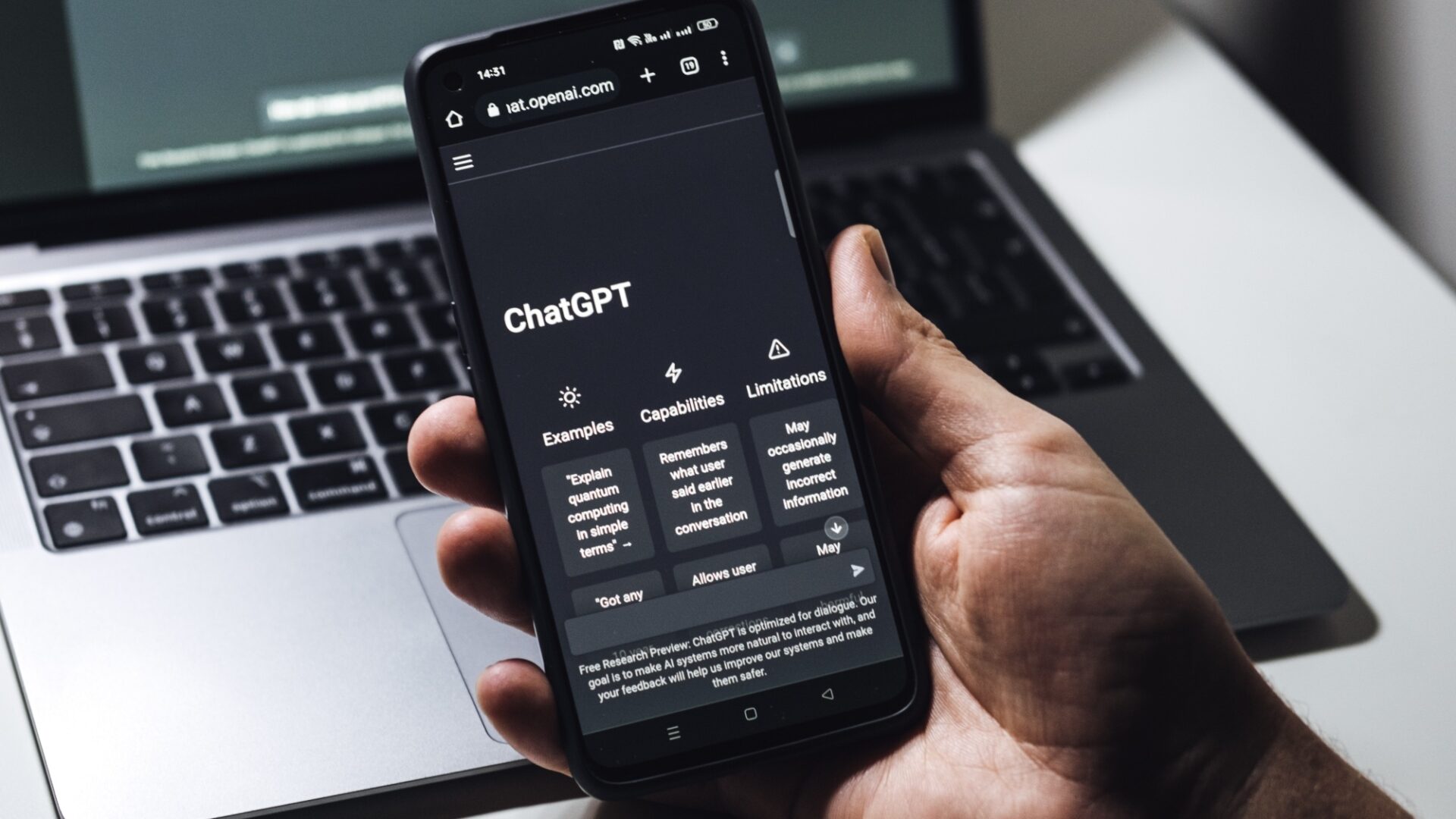Science & Technology, UK (Commonwealth Union) – The rapid rise of artificial intelligence (AI) chatbots has raised concerns surrounding its impact to a wide range white collar jobs and academic assessments by some experts, however others have stressed that it is unlikely replace jobs but complement existing jobs with features that will enhance the performance of its users.
ChatGPT a useful tool for academics and students alike, helping to save time and effort while providing valuable information and assistance. However, it is important to use it responsibly and to always verify information obtained from ChatGPT with other sources to ensure accuracy. ChatGPT can help researchers gather information on various topics. With its vast knowledge base and natural language processing capabilities, ChatGPT can provide a wealth of information on a particular subject or topic, saving researchers time and effort in their research.
A recent innovative study that was written to a large extent utilizing the ChatGPT software found that the software has the possibility of producing exciting opportunities, along with significant issues for the academic community.
The software that was launched in November last year is the most recent AI platform which has been indicated as having the possibility of revolutionizing research and education, according to researchers which is consistent with advanced data analysis tools that can simply equations often providing greater analysis with improved performances previously unseen and with many tech companies now competing to produce and even more improved product.
This has however raised alarm bells in the education sector particularly with concerns regarding plagiarism.
To tackle these concerns, the new study directly utilized ChatGPT to show how advanced Large Language Machines (LLMs) have become but also measures that can be applied in making sure its influence is kept positive.
The study was utilized by academics from Plymouth Marjon University in colaboration with the University of Plymouth.
A large component of the study a series of prompts and questions urging ChatGPT to create content in an academic setting where the researched used the software to make queries regarding ChatGPTs impact on academia, plagurism and technology checking if ChatGPT had been made use of.
As the text was generated it was copied and pasted the output into the manuscript, ordered it tp broadly to take after the structure indicated by ChatGPT, followed by the insertion of genuine references.
This method was only shown to readers in the discussion area of the paper which was written directly by the researchers in the absence of the software input.
In that part, the authors of the paper emphasized that the text formed by ChatGPT, while having increased sophistication than prior innovations in this area. Had the possibility of being relatively formulaic, and that a number of present AI-detection tools will detect it.
But they indicated that their findings should serve as a wake-up call to university staff to consider carefully in regards the formation of their assessments and procedures to make sure that academic dishonesty is clearly outlined to students and minimized.
Lead author of the study Professor Debby Cotton, Director of Academic Practice and Professor of Higher Education at Plymouth Marjon University, says “This latest AI development obviously brings huge challenges for universities, not least in testing student knowledge and teaching writing skills – but looking positively it is an opportunity for us to rethink what we want students to learn and why.” “Banning ChatGPT, as was done within New York schools, can only be a short-term solution while we think how to address the issues. AI is already widely accessible to students outside their institutions, and companies like Microsoft and Google are rapidly incorporating it into search engines and Office suites. The chat (sic) is already out of the bag, and the challenge for universities will be to adapt to a paradigm where the use of AI is the expected norm,” said Corresponding author Dr Peter Cotton, Associate Professor in Ecology from the University of Plymouth.








